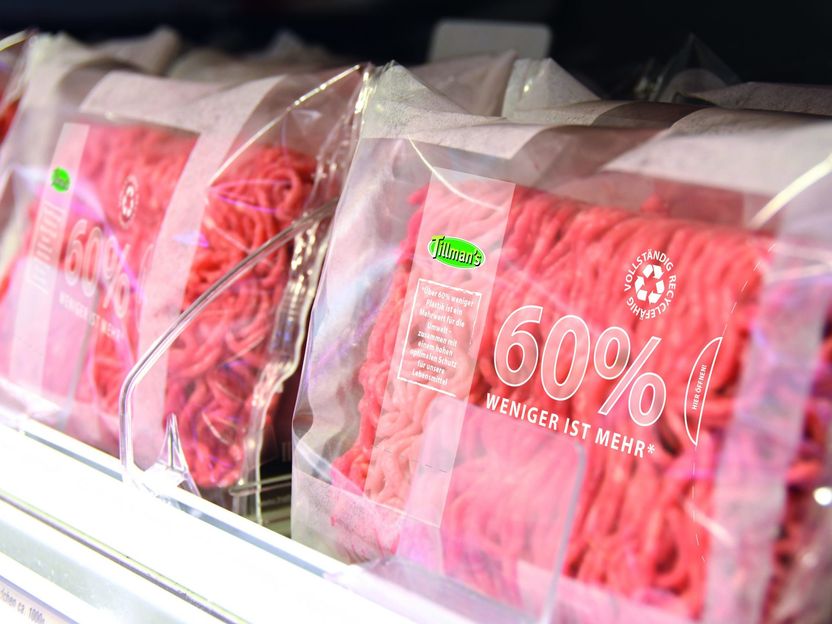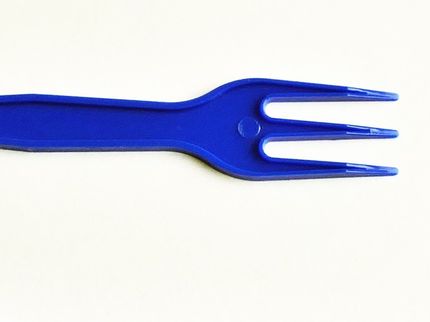Tönnies revolutionises meat packaging
Up to 70% plastic and 60% CO2 savings through Flow-Pack
Advertisement
Germany's leading meat company is taking its sustainability strategy seriously and revolutionising fresh meat packaging. With immediate effect, Tönnies is marketing part of its self-service goods in so-called flow-pack packaging. This saves up to 70% plastic and up to 60% CO2 per packaging unit. In addition, the new packaging is made of 100% recyclable film.

Tönnies revolutionises meat packaging
Tönnies
"Flow-pack packaging is nothing less than the packaging revolution for the meat world," says Clemens Tönnies, managing partner of the company. "Although the changeover to this new system is costly, we are prepared to invest this tens of millions of euros to bring the fresh meat packaging to the retail market.
In comparison to the conventional MAP tray, the packaging consists of a film rated at only 4.6g. Nevertheless the material offers the best food protection. Tönnies has already converted part of the production lines for the use of the new packaging material.
"We are pleased that customers have been able to purchase the new packaging from various ALDI SÜD companies since this week," explains Jörn Evers, Sales Director at Tönnies. Evers has been looking for a solution for plastic reduction for years. With the solution from the manufacturer Fuji, the solution for packaging the meat world has now been found. "We are now calling on the retail sector to implement this sustainability solution. We are ready because we have the solution."
A further advantage of the recyclable film is its reduction in transport volume. Up to 80% less space on the truck enables a reduction of over 60% in CO2 emissions during transport kilometres. "We show that sustainable management is possible," says Clemens Tönnies. "When the demand in the retail sector is there, we will convert further lines and thus contribute to solving the sustainability issues."
Note: This article has been translated using a computer system without human intervention. LUMITOS offers these automatic translations to present a wider range of current news. Since this article has been translated with automatic translation, it is possible that it contains errors in vocabulary, syntax or grammar. The original article in German can be found here.
Most read news
Other news from the department business & finance

Get the food & beverage industry in your inbox
By submitting this form you agree that LUMITOS AG will send you the newsletter(s) selected above by email. Your data will not be passed on to third parties. Your data will be stored and processed in accordance with our data protection regulations. LUMITOS may contact you by email for the purpose of advertising or market and opinion surveys. You can revoke your consent at any time without giving reasons to LUMITOS AG, Ernst-Augustin-Str. 2, 12489 Berlin, Germany or by e-mail at revoke@lumitos.com with effect for the future. In addition, each email contains a link to unsubscribe from the corresponding newsletter.






























































